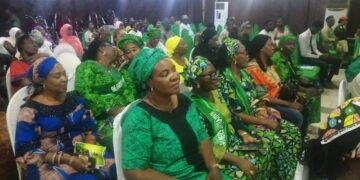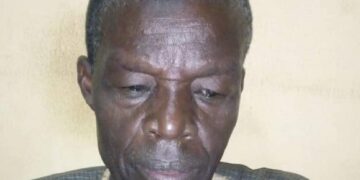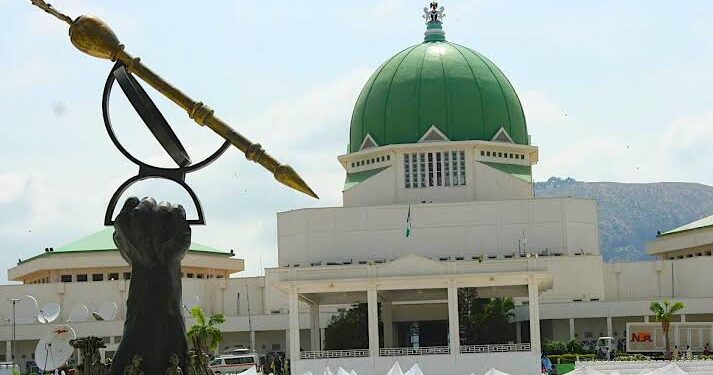The federal government has mandated the National Assembly to ensure that the National Anthem Bill before it is subjected to wider consultations.
The Attorney-General of the Federation and Minister of Justice, Lateef Fagbemi, stated this in Abuja on Monday at a public hearing which seek to to revert to the old national anthem.
Mr Fagbemi said there was a need for a wider participation of other arms and tiers of government in the decision to revert to the old national anthem before it finally becomes law.
He said consultations through zonal public hearings, resolutions of the Federal Executive Council, Council of State, National and State Assemblies, etc are essential before the Bill comes into force.
“Consequently, it is my considered view that the decision to change Nigeria’s National Anthem, whether by replacing it with the old one or a new one, should be subjected to a wider process of citizen participation through zonal public hearings, resolutions of the Federal Executive Council, Council of State, National and State Assemblies, etc,” he said.
“The outcome of this process is bound to be a true reflection of the wishes of the generality or majority of Nigerians. I thank you all for granting me the audience to contribute my thoughts to this national cause,” the minister added.
Mr Fagbemi explained that a national anthem is expected to be universally accepted by citizens of the country.
He stressed that the composition of the national anthem should be determined through competition.
“I would like to observe that it is generally accepted that a national anthem is considered a major symbol of national identity and culture. It is meant to reflect the people’s hopes, values and history. A national anthem is expected to enjoy universal acceptance and veneration amongst the citizens, for it to attain the status of an official song that commands respect, patriotism and national consciousness.
“In some cases, the national anthem emerges from open national competition among interested citizens. In other instances, the proposed national anthem is subjected to a plebiscite or referendum, before its eventual adoption or declaration. The essence of the foregoing is to secure the buy-in and confidence of the people and to ensure that the anthem meets their collective aspirations and suits their contemporary socio-political conditions.”
The attorney general, therefore, recommended that the change of the national anthem should not be through presidential proclamation or legislation alone without considering the opinion of the masses.
“Against the background of the foregoing, I am of the considered opinion that the revered issue of choice of a national item should not come into being only by legislative fiat, or presidential proclamation alone.
“It is not out of place for Nigeria to be guided by the process of evolution of a national anthem in other jurisdictions. For most African countries, the national anthem symbolises the end of colonialism. Hence, former British colonies jettisoned “God Bless the Queen” to adopt their home-made national anthems which were all notably written by their own citizens.
“You may all recall that following the attainment of independence in 1960, a new anthem was adopted for Nigeria. The anthem was written by one Miss Lilian Jean Williams and composed into a song by Miss Frances Berda, who were both British citizens.
“Subsequently, the Government at the time decided to change the anthem because it was written by a British citizen, without any input from Nigerians. It was also observed that the Anthem clarified our differences in the wording.
“A Committee was set up which called for entries nationally to promote national ownership. Close to 1500 entries were received, following which the committee picked entries from five finalists. These entries were subsequently put together and a new anthem was developed. The Poem was then given to Mr. Benedict Elide Odiase to compose into a song. Mr Odiase was the Music Director for the Nigeria Police Force and the Midwest State Police Band. This led to the emergence of the current national Anthem, which was first sung on October 1st 1960” he added.
.














































